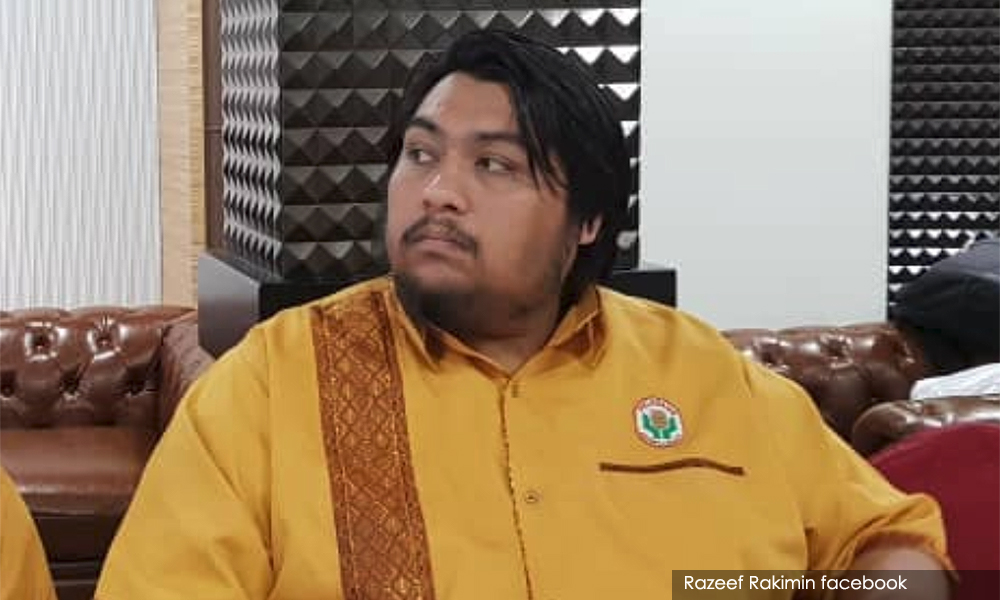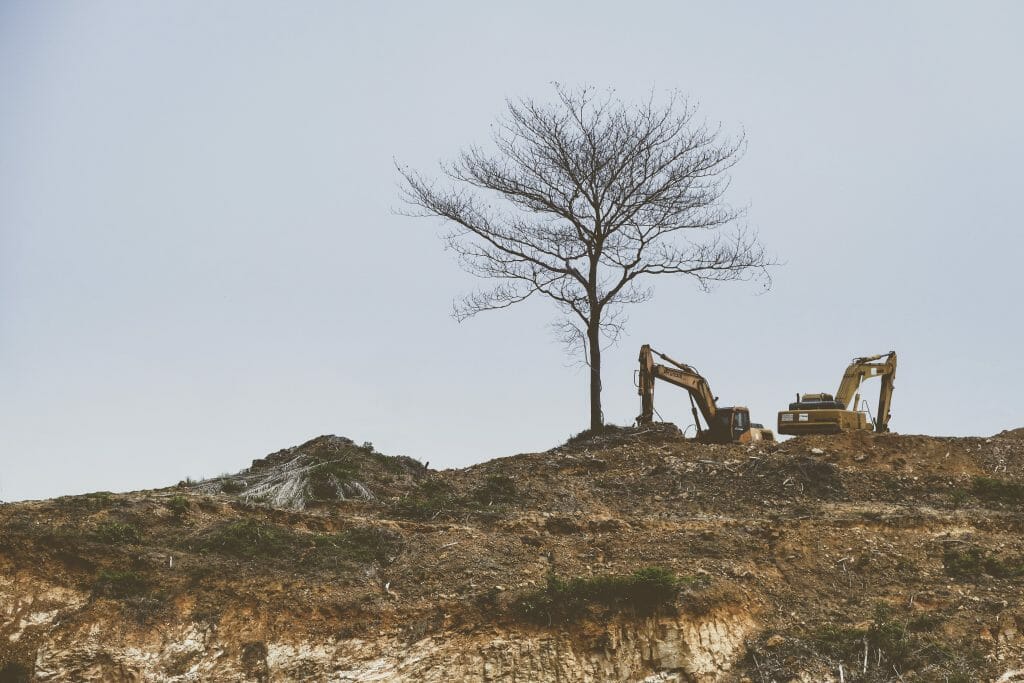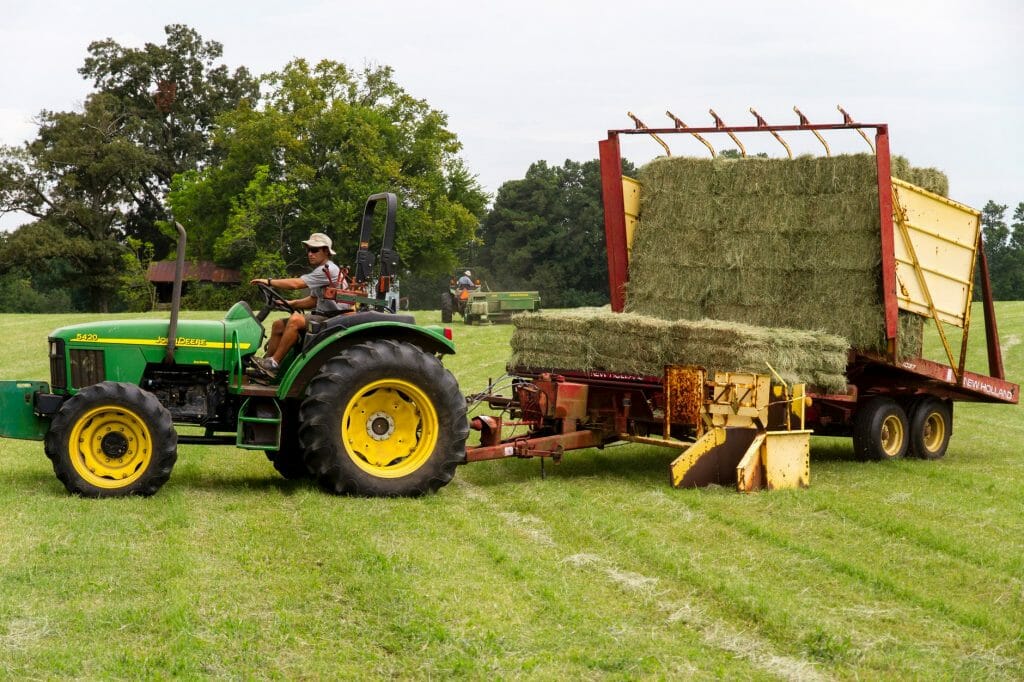Why? Because hemp could be Malaysia’s new cash crop.
There’s just one small problem – hemp hasn’t been fully legalised yet.
This is why HempNet’s current objective is to persuade the Malaysian government to invest in hemp cultivation for our industrial and medical needs. The legalisation of hemp is still a work in progress, but there is good news.
The CEO of HempNet, Biros Nath Omar, has clarified that they have already received positive feedback from the Ministry of Agriculture to replace the use of palm oil with hemp. The Ministry of Health is still considering the regulation of medical cannabis research.
Since the local palm oil industry has tarnished its reputation by being environmentally destructive, a new and more sustainable alternative is urgently needed. Hemp could just be the miracle plant our suffering environment and economy needs now.
“HempNet is currently proposing a research on medical cannabis in secured facilities. Despite the indecisive outcomes by the Malaysian Ministry of Internal Affairs in changing the law and policies on the Sativa L. strain cannabis, Hempnet has proceeded together with the Ministry of Agriculture on hemp plantation. We have also abided by the regulations of the FDA, DEA and the Malaysian Ministry of Health,” says Biros.
Why Is Hemp Illegal?
In case you’re wondering, hemp is illegal because the cannabis plant popularly known as marijuana and ganja is classified as a dangerous narcotic drug.
However, hemp and marijuana are not the same plants – they’re two very different strains of the cannabis plant.
Marijuana has high levels of THC (the ingredient which gets you high when consuming marijuana). On the other hand, hemp has very low levels of THC, and it has a long history of being processed to make useful products.
Before the worldwide ban on cannabis imposed by international treaties, hemp was cultivated for centuries in Asia, and was used for making paper, clothes, rope, and many other things.
In the past few years, more countries have gone back to legalising hemp and cannabis for industrial and medicinal purposes. For example, as of May 2019, the Thai government has authorised its citizens to plant cannabis for individual use.
Growing Hemp: A New Field?
Biros Nath Omar emphasises that it will be a tremendous wasted opportunity if Malaysia does not do the same as other nations in legislating hemp for commercial use.
“The Malaysian government’s endorsement of hemp agriculture could significantly increase the revenue of the Malaysian economy and assist in the nation’s expenditure. For example, the value for 1 litre of hemp oil is almost RM 8000. If we could extract 14,000 litres of hemp oil per harvest, this will net a potential profit of RM 1.12 million,” asserts Biros.
The HempNet CEO further explained that due to its versatility, every part of the plant can be used to make products for daily use.
“The obtained hemp oil can be refined into a variety of commercial products, like health supplements and edibles. Its stalk can be developed into hempcrete, which can be utilised for construction and insulation,” explains Biros.
The HempNet CEO also pointed out that hemp products are highly accessible in the international market. This makes it easy for Malaysia’s local hemp-based products to be exported to global industries such as the pharmaceutical, food and beverage, construction, and automotive industries.
“Automotive manufacturers such as BMW, Mercedes and Bentley have also fostered the use of hemp fibre for producing car dashboards due to its sustainability and antibacterial properties,” says Biros.
Not many people would turn down a lucrative business or career which is also environmentally sustainable. Unfortunately, we’re overlooking a bright opportunity as the legalisation of hemp is still being considered in Malaysia.
HempNet assures us that the hemp industry will not only bring financial gains but also environmental gains.
What is Hemp’s Environment Impact?
“The plantation of hemp plants will not produce a greenhouse effect, since it only needs a short amount of time for its cultivation without the assistance of technological modifications.”
Compared to other cash crops such as palm oil and durian, hem is far more sustainable. It does not require pesticides since its antibacterial compounds eliminates crop-damaging pests.
“Hemp also has an amazing ability to absorb chemical and toxic spills along with air pollutants,” exclaims Biros, adding: “It is even being used to clean contaminants at the Chernobyl nuclear disaster site.”
What are Hemp’s Pros and Cons?
So, what are the pros and cons of joining the hemp industry in Malaysia?
The hemp industry provides a wide range of benefits to the nation’s advancement from healthcare to the economy of the country. Additionally, it offers income opportunities to everyone.
“There are various type of jobs that can be created by the hemp industry. It ranges from farmers, cultivators, general workers, machine operators, hemp inspectors, director of operations, sales and marketing person, deliveries, consultation, etc,” Biros quipped.
Biros Nath Omar elaborates that the hemp industry is also suitable for small businesses. These businesses manufacture hemp-based apparels, decorative and construction materials as well as food and cosmetic products.
Low-skilled employees are welcome to join the hemp industry.
“Growing and cultivating hemp do not demand complex processes as it is based on the precepts of organic farming. Training courses can be provided for those who work in this industry such as the processing, manufacturing and packaging sectors. Although certain job scopes do not require a high level of skill, the return of investment is high,” Biros elaborates.
There are special permits licensed by the Ministry of Agriculture for planting the Sativa L. strain cannabis in Malaysia. However, it is complicated since hemp and cannabis are still stigmatised by the majority of Malaysian citizens. This can negatively affect the legalisation process and those who are in need of alternative medicine.
This is why HempNet works on destigmatising cannabis and its negative associations. They support medical cannabis and any non-profit organisation that supports its legalisation.
Removing Hemp’s Historical Stigma
For creating public awareness, Biros Nath Omar explains that they prefer to use the term ‘cannabis’ rather than ‘marijuana’. This is because it has derogatory connotations due to the history of United States with their Mexican immigrants.
A majority of the global stigma against marijuana was created by U.S. propaganda to prohibit cultivation of the plant and make its citizens believe that cannabis was dangerous. This had the effect of disproportionately incarcerating immigrants and minorities, who were the biggest users of the cannabis drug.
In Malaysia, restrictions on cannabis first started taking effect under British rule. In 1826, the British were already raising taxes for the production of ‘bhang’. Bhang is an edible preparation of cannabis originating from India.
Then in 1952, prior to the independence of Malaysia, cannabis was first prohibited by the British in accordance with the Dangerous Drugs Ordinance.
We need to break free from the limitations of old colonial laws and false negative perceptions about cannabis so that we can flourish.
There is a lot of potential for a lucrative hemp industry in Malaysia, but first, we must work on changing our mindsets.








